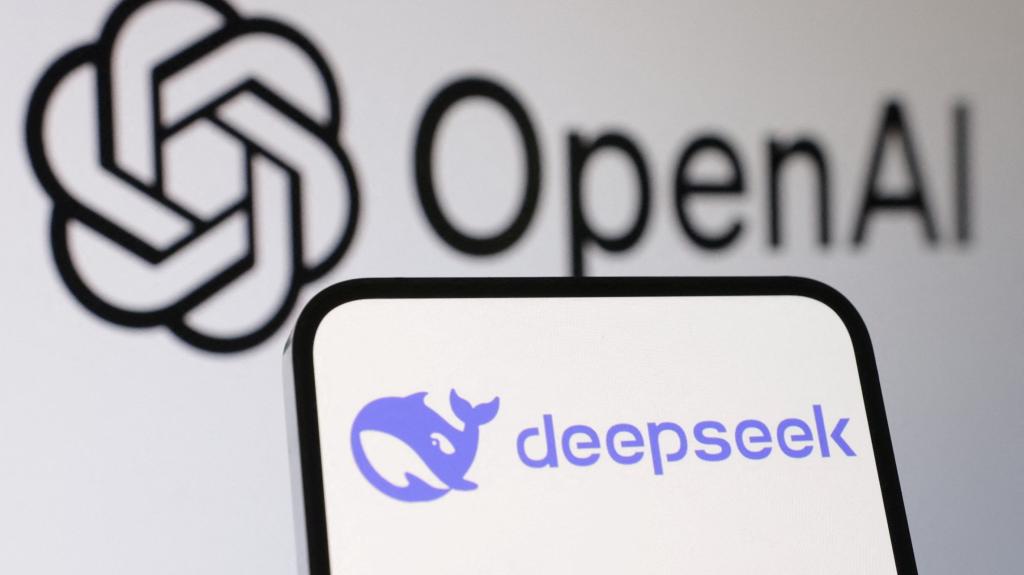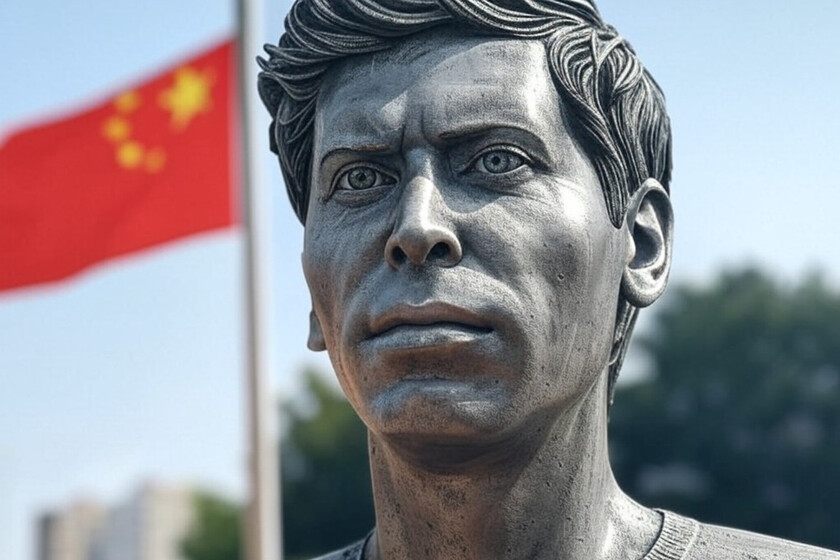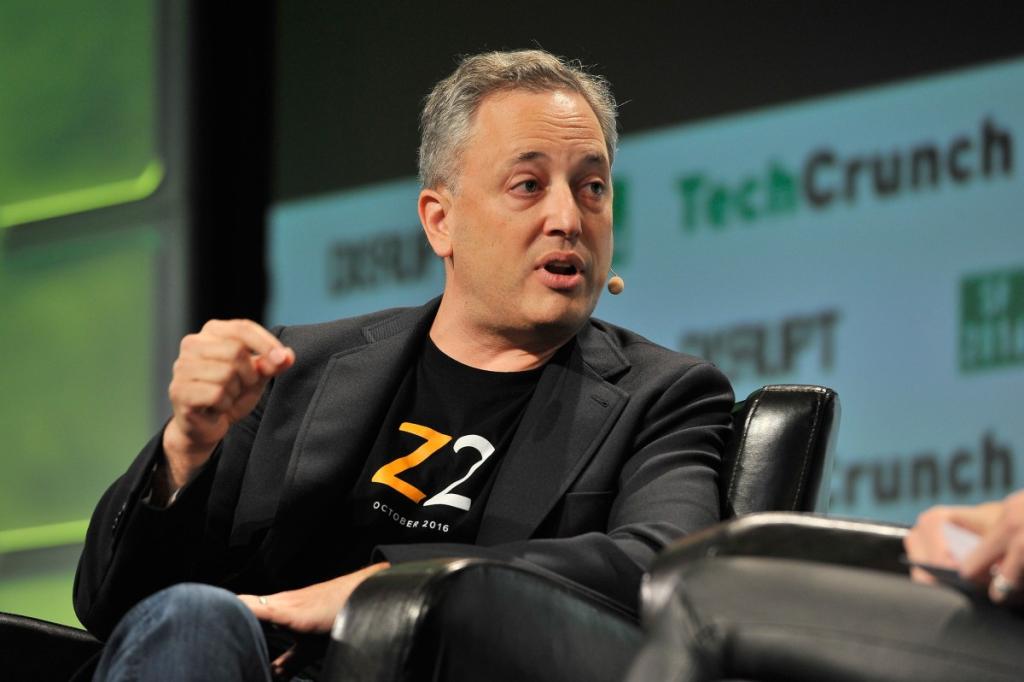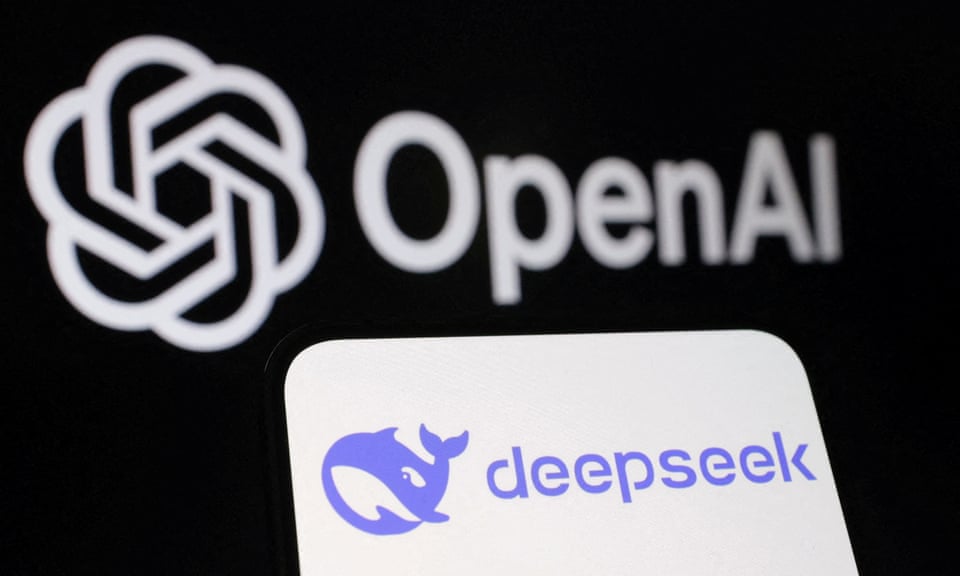OpenAI vs. DeepSeek: The AI Distillation Controversy
Discover the unfolding controversy between OpenAI and DeepSeek over AI model distillation and its impact on innovation and intellectual property rights.

Key Points
- OpenAI
alleges that DeepSeek used distillation techniques to replicate its AI models, raising concerns over intellectual property theft.
- The financial markets reacted to DeepSeek's competitive R1 model, questioning the sustainability of current AI development practices.
- Both OpenAI and DeepSeek exemplify the ongoing ethical dilemmas in AI, highlighting the need for clearer intellectual property guidelines in the industry.
The burgeoning field of artificial intelligence (AI) is not without its controversies, particularly when it comes to the ethical implications of data use and model training. Recently, OpenAI has made allegations against Chinese startup DeepSeek, claiming that they utilized a technique known as "distillation" to replicate OpenAI's proprietary models. This situation raises critical questions about intellectual property, innovation, and the ongoing rivalry between tech companies in China and the U.S.

Distillation is a method used in AI development where smaller models are trained by learning from larger, more complex models. This technique allows for better performance at a lower computational cost. While it is a generally accepted practice in the industry, OpenAI asserts that DeepSeek's use of this method crosses a line, constituting a breach of its terms of service. OpenAI’s terms explicitly prohibit copying or modeling after their proprietary outputs, leading to rising tensions as these allegations surface.

In a significant turn of events,
, a prominent figure in U.S. AI policy, suggested that there is "substantial evidence" that DeepSeek distilled knowledge from OpenAI models. Sacks described this process in an interview, equating it to intellectual property theft, a sentiment echoed by various industry experts who have noted the alarming implications of such practices. The release of DeepSeek's R1 model, which reportedly achieves results comparable to OpenAI's offerings despite being developed at a fraction of the financial cost, has only intensified the scrutiny on this startup.

The financial markets reacted negatively to DeepSeek's success, resulting in significant volatility, particularly for companies like
, which supplies the computational hardware critical for AI development. Sacks noted that this technology "shook
", indicating a deep concern that the traditional paradigms of AI development could be disrupted by such cost-effective methods. This potential shift poses a fundamental question: Can innovative practices thrive without respect for the intellectual property of others?
Revising the Standards of AI Development
The allegations against DeepSeek shine a light on an ongoing dilemma faced by many AI companies: the fine line between learning from existing models and crossing into infringement territory. As competition intensifies, especially between the U.S. and Chinese tech sectors, the need for a robust framework to define and protect intellectual property in AI becomes evident.

Interestingly, even as OpenAI raises its voice against potential infringement, it too has faced backlash over its training practices. Critics have highlighted instances where OpenAI's models have seemingly been trained using data sourced from various media without permission. This illustrates a broader industry concern: the ethical implications surrounding the use of publicly accessible data for model training.
The Road Ahead for AI Innovations
For DeepSeek, the path forward may involve navigating both legal and ethical challenges. While the company asserts that it has developed its models efficiently, the underlying methods will require scrutiny. As noted by experts, many startups depend on properties established by industry leaders to enhance their own offerings. This reliance raises pressing questions about the sustainability of such practices in the long run.

The future of AI could be heading towards a model where cooperation and strict adherence to ethical standards are paramount for innovation. Stronger regulations and clearer guidelines on intellectual property in AI may be necessary to foster an environment where competition fuels advancement rather than undermining the foundations upon which the industry stands.
As developments unfold, it is critical for stakeholders in the AI landscape to closely monitor these events. The outcome of this distillation debate may shape the future of AI model training—forcing companies to rethink their strategies and align their practices with a new ethical standard that respects intellectual property while encouraging innovation.


